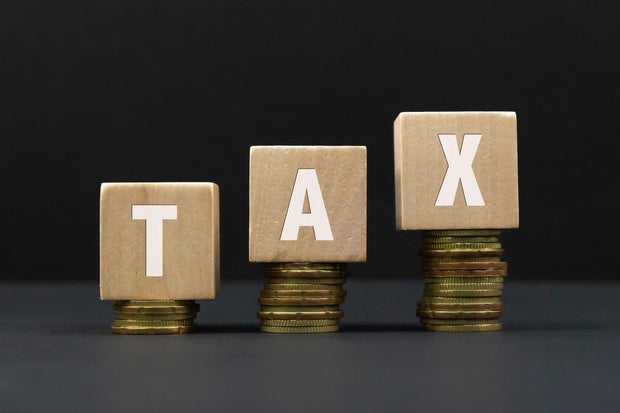Are gold investments taxable?
Gold can be a valuable part of your investment portfolio. It retains its value through market turmoil more reliably than investments like stocks, making it a great hedge against inflation. It also helps to diversify your portfolio, which protects your money against losses from riskier investments.
However, as with any investment, it's important to know how gold is taxed. This will help you maximize your profits when it comes time to sell your investments. In this article, we will explore how different factors affect your gold tax rate.
Learn more about investing in gold now by requesting a free information kit.
Are gold investments taxable?
Yes, gold investments are taxable. When you sell certain investments, the money you make is subject to capital gains tax. A capital gain is the profit you earn when you sell an asset for more than what you paid for it. When it comes to gold, how your capital gains are taxed depends on what kind of asset you invest in and how long you hold it.
Investment time frame
Capital gains tax only applies to long-term capital gains, or investments you've held for 12 months or more. If you've held an investment for less than 12 months, it's considered a short-term capital gain and taxed as ordinary income at your usual income tax rate.
Single-filer income tax rates for the tax year 2022 range from 10% (for income up to $10,275) to 37% (for income $593,901 or above). For filers who are married filing jointly, rates range from 10% (for income up to $20,500) to 37% (for income $647,851 or more). Depending on your tax bracket, you could save significantly by holding your gold investment for at least a year. As we'll see in the next section, gold investments can be taxed anywhere from 0% to 28%, depending on the type of asset you invest in.
Type of investment
There are different ways to invest in gold, and how much tax you pay depends on which one you choose.
Standard capital gains tax rates fall into three brackets based on your income level: 0%, 15% and 20%. The IRS states that: "The tax rate on most net capital gain is no higher than 15% for most individuals. Some or all net capital gain may be taxed at 0% if your taxable income is less than or equal to $41,675 for single and married filing separately, $83,350 for married filing jointly or qualifying surviving spouse or $55,800 for head of household."
Physical gold, however, is defined as a collectible by the IRS. Collectibles are subject to a maximum rate of 28%. This rate applies to buying physical gold (such as bars and coins) directly, as well as investing in ETFs backed by physical gold.
You can avoid this higher rate by investing in gold stocks and ETFs that invest in mining companies rather than physical gold. These investments fall under the standard 0%, 15% and 20% capital gains tax brackets.
You can also invest in gold futures, which receive a preferred tax rate. Under the 60/40 rule, 60% of futures capital gains are taxed as long-term capital gains and 40% are taxed at short-term capital gains at your normal income tax rate (regardless of how long you hold them). This favorable tax treatment can cost you less in taxes than holding stocks short term.
Reach out to a gold expert today to learn more about your options.
The bottom line
The above is a basic overview of how gold investments are typically taxed. Your tax rate will depend on your unique financial situation. Consult with a tax professional to learn the best way to maximize your earnings and minimize your taxes with your gold investments and learn more about gold investing by requesting a free information kit here now.




